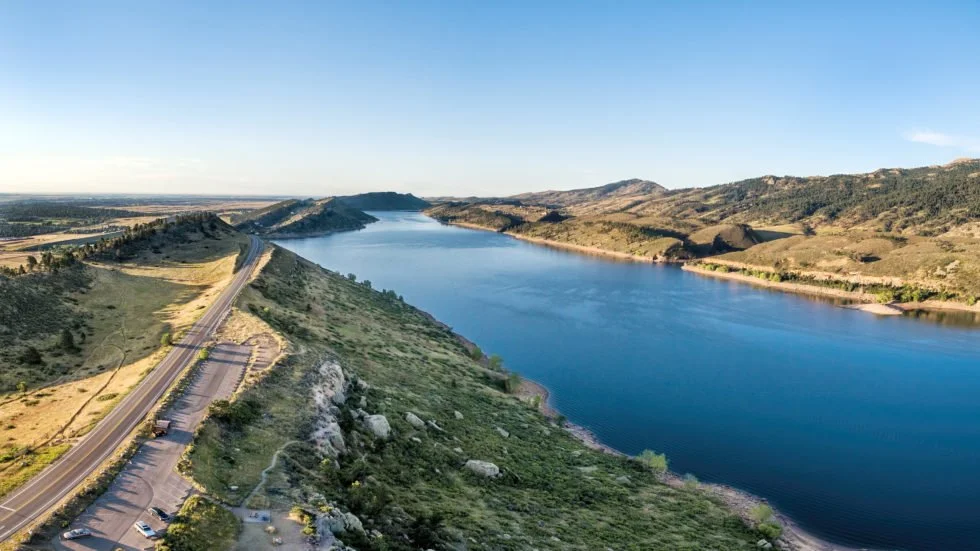Fort Collins, Colorado | One Water Facilitation
One Water Facilitation
Lotus has partnered with Fort Collins for two distinct projects with broad scope of engagement. The first project was for the Water Efficiency Plan Engagement and the Under-Resourced Buildings Engagement. For the former The City of Fort Collins partnered with Lotus to engage stakeholders during the development of the municipal utility’s Water Efficiency Plan. The purpose of engagement was to 1) understand which water conservation goals and strategies are most appropriate for the community and 2) understand the community’s needs and priorities, particularly those of equity-priority communities. The project team developed and executed a multifaceted engagement plan that included facilitating workshops with City staff, hiring community consultants to reach equity-priority communities, attending or creating community meetings and events, and developing a community-wide survey that was translated into Spanish.
In addition to utilizing a similar process outlined for Denver above, Lotus focused on engaging the pre-existing Climate Equity Committee, established from the City’s foundational climate action plan, Our Climate Future. The Committee agreed to hear from Utilities staff three times throughout the process and provided feedback on the engagement process. Lotus deployed this engagement best-practice to reduce the burden of participation on equity-priority communities, working instead with the set of citizens who had already agreed to serve the City.
Some of this group was tapped to provide feedback on an equity evaluation process to assess the strategies for their potential equity impacts that Lotus co-created. To create the evaluation, Lotus shared the draft process with eight community leaders and sought initial feedback to shape the final tool. Then, based on the feedback from these community leaders, Lotus updated the evaluation process to encourage the City to score the strategies in collaboration with community stakeholders. The Lotus team met with the Climate Equity Committee to score key Water Efficiency Plan strategies, per this best practice, to ensure the final analysis foregrounded the Fort Collins community’s priorities.
The equity evaluation methodology analyzes strategies based on the overall benefit to equity, assigning each strategy a score on a high-medium-low scale. The overall score estimates each strategy’s benefit to equity based on the assessment of potential impact on the five desired equity outcomes, including resilience and co-benefits, accessible participation, partnerships and investment, water burden, and community priority. These priorities were drawn directly from feedback from engagement, notably the informational interviews with community leaders and the community survey. A “high” score indicated the strategy had the potential to improve equity or serve equity-priority communities; a “low” score meant the strategy was unlikely to lead to better equity outcomes or does not serve equity-priority communities. This methodology is a pioneering example of a municipal utility’s efforts to incorporate equity into their strategic planning. In crafting the initial draft, Lotus could not find a similar evaluation process deployed elsewhere.

